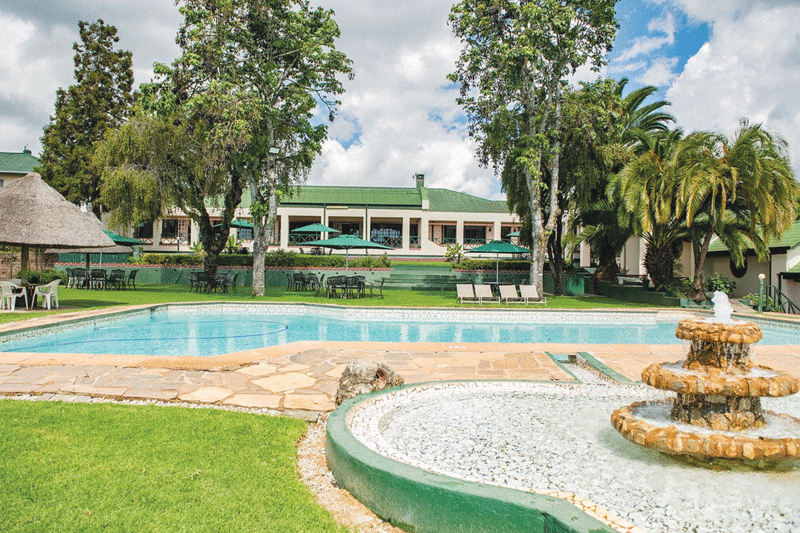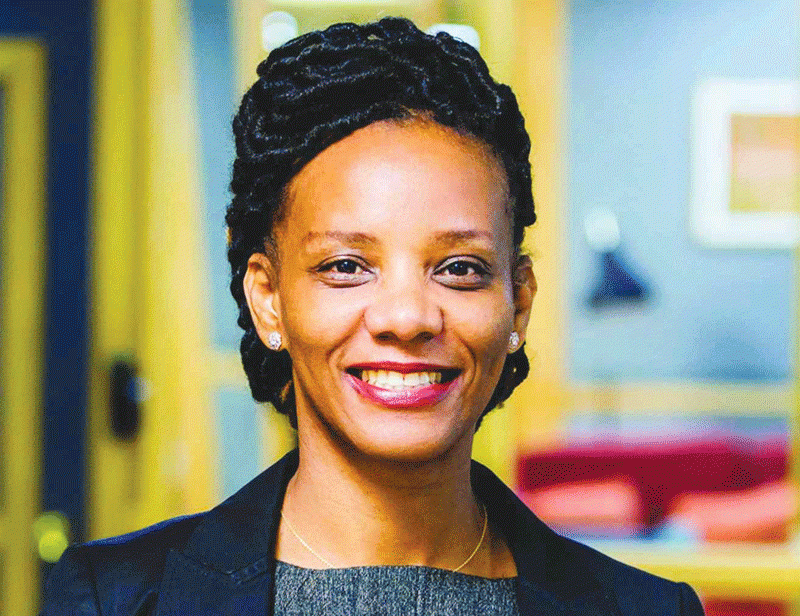
LEADING financial services giant Old Mutual Ltd Zimbabwe invested US$26 million into alternative investments last year, supporting projects in agriculture, tourism, and renewable energy sectors.
This was disclosed by the group’s chief executive officer Samuel Matsekete in his statement accompanying the firm's financial results for the year ended December 31, 2023.
"We continued to increase emphasis on alternative investments, within our investment strategies," he said.
"In 2023, we invested US$26 million into alternative investments, supporting projects in sectors, such as agriculture, tourism, and renewable energy.
“Small and medium businesses and some start-ups amongst our clients, also benefitted from this thrust.
"These investments aim to generate sustainable returns while contributing to the growth of these key sectors. Within the real estate sector, new investments were mainly in the mining and distribution value chains and in student accommodation," Matsekete said.
An alternative investment is a financial asset that does not fall into conventional asset categories, like stocks, bonds and cash.
These include private equity, venture capital, hedge funds, managed futures and collectables like art and antiques.
- Rampaging inflation hits Old Mutual . . . giant slips to $9 billion loss after tax
- Lafarge begins trading as Khayah Cement Limited
- Old Mutual Zimbabwe Limited launches a fintech business, Old Mutual Digital Services
- Khayah Cement liquidity shrinks in H1 2023
Keep Reading
Commodities and real estate can also be classified under this investment.
Kumbirayi Katsande, the Old Mutual chairperson, said the group understood the impact of economic, social, and environmental factors on its business, customers and the wider society.
As such, it recognises the urgent need for global transformation towards low carbon emissions, resource efficiency, and responsibility for future generations.
"Our approach to sustainability is shaped by our core business activities, our competencies, and the material environmental, social and governance issues that affect our stakeholders and our business," he said.
"We also prioritise key initiatives led by the various authorities and remain deeply committed to treating all stakeholders fairly and acting responsibly.
“Our sustainability agenda is aligned with our vision of becoming our customers' first choice to sustain, grow, and protect their prosperity."
During the year, the group increased investments in renewable clean energy (hydro and solar power) through its investee companies.
"Our partnership with Save Valley Mountain Bike Challenge during the year raised funds to be used to support wildlife and environmental campaigns in the Save Valley, as well as protect 750 000 acres in the Save Valley Conservancy of diverse wildlife habitat,” Katsande said.
The Save Valley Conservancy is one of the largest private game reserves in Africa, home to various animals including elephants, buffaloes, lions, leopards, rhinos, wild dogs, pangolins, and other species.
"We continued to collaborate with some of our key partners, the Zimbabwe Climate Change Adaptation Conference and the Renewable Energy Conference," he said.
Meanwhile, Matsekete said the group continued to ramp up its general insurance distribution through new and existing partnerships, increasing distribution and client servicing centres.
During the period under review, business retention rate was 92%, while new customers contributed 20% of the total business for the year.
"We also continued to strengthen our relationships with providers of credit lines and successfully negotiated new credit lines to provide lending and financing solution to key sectors in the economy and support the growth of exporting businesses," Matsekete disclosed.
In November last year, Old Mutual signed a US$40 million facility with the African Export Import Bank (Afreximbank) to support the local industry.
He said financial inclusion remained a priority in the banking and lending business line, with more resources being allocated to servicing the small and medium enterprises (SMEs).
The microfinance business continued to increase its outreach through partnerships and digital enablement's targeting individuals, groups, and micro businesses.
The loan book grew by 166% in real terms.
In recognition of the growth in customers and areas reached, the business was named the 2023 Fastest Growing Microfinance Institution (MFI) and the 2023 Most Resilient MFI by the Zimbabwe Association of Microfinance Institutions.











